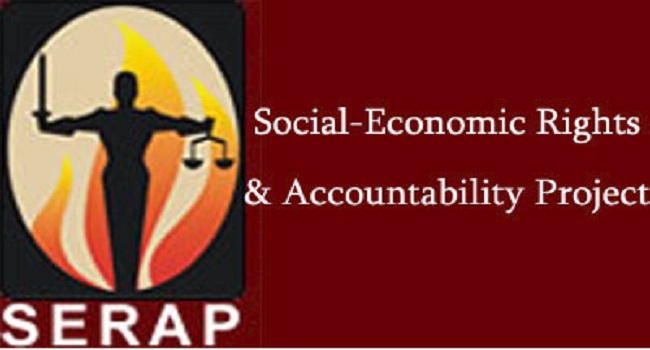
The groups, citing article 77(1) of the ECOWAS Treaty, insisted that Nigerian government must account for the huge sums of money invested in the education sector.
At the media launch of the ‘Global Corruption Report: Education’ on Thursday in Abuja, Nigeria’s capital, the organizations stressed that, corrupt practices have been identified in the nation’s education sector.
The report noted that corruption had a devastating impact on developing nations, particularly in Africa, hindering progress towards the Millennium Development Goals and jeopardising social and economic development.
The organizations also warned that “corruption in education threatens children’s prospects in Africa,” and called on “governments to tackle the problem without further delay.”
Looting Of Education Fund
In the report, the Executive Director of SERAP, Adetokunbo Mumuni, pointed out that corruption was noticed at the foundational level of education in Nigeria.
“With respect to Nigeria and the work of SERAP, it is disheartening that this cankerworm was noticed at the basic education level -relating to the Nigerian children- their first nine years of education, where massive embezzlement and misappropriation of funds running into Billions of Naira took place.
“The ECOWAS court has stated clearly that there should be no place for corruption in the education sector. The court has delivered a Judgment in support of the right of the Nigerian Child to free education at the Basic level. The Court further ordered the Federal Government to make funds available to offset what had been frittered away by the looting of Universal Basic Education Fund,” Mumuni explained.
According to the organizations, SERAP had mounted campaign in conjunction with a lot of other public spirited bodies both nationally and internationally – International Commission of Jurists, Interights, Nigerian Union of Teachers and Nigerian Guild of Editors – by petition to the President of Nigeria and the Attorney-General of Federation.
“This has not yielded any positive result almost two years after the Petition was sent and three years after the Judgment was delivered,” they said.
Judgment Binding On Member States
Mumuni also pointed out that since the free education judgment was delivered, more than five million Nigerian children of school age still roamed the streets with no access to primary education and 115 million Nigerian adults were still illiterates.
He stated that the organisations could not wait forever to secure the implementation of the ECOWAS Court right to education judgment.
The Article 15(4) of the ECOWAS Treaty made the judgment of the court binding on member states, institutions of the community, individuals and corporate bodies, Article 76 (2) provided for the finality of the decision of the Court.
Also, Article 19(2) of the 1991 Protocol provided that the decisions of the court should be final and immediately enforceable. The court could also refuse to entertain any application brought by the offending member state until such a state enforces the court’s decision.

